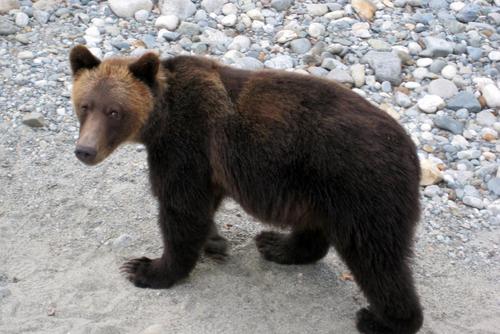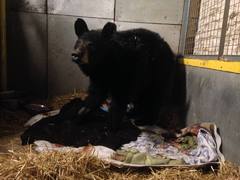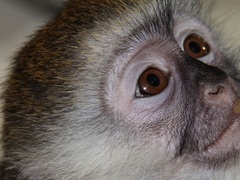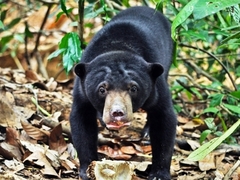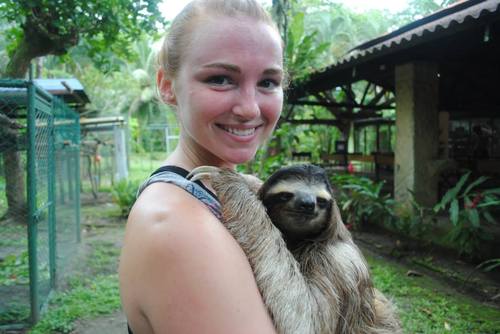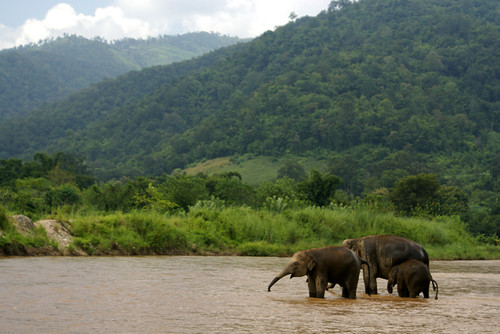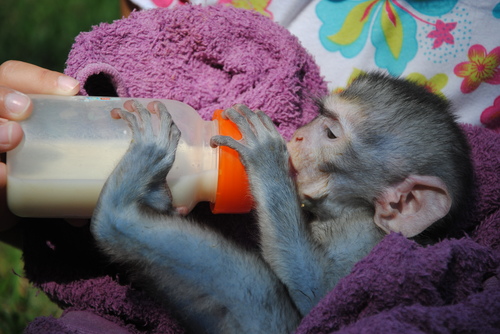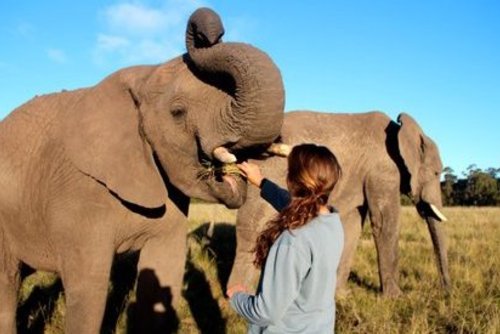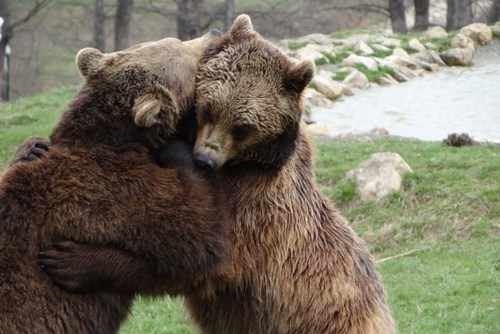The Volunteer Experience
Working alongside Wildlife Rehabilitator Staff, the volunteers are responsible for feeding and caring for injured and orphaned wildlife, including small to large sized mammals (raccoon, squirrel, fox, coyote, deer and bear) and songbirds and birds of prey (Both Eagles and Owls).
Volunteers will be responsible to clean cages, work spaces, and equipment, administer first aid, basic therapy, and medications as prescribed by a veterinarian. Volunteers will also be responsible for observing and keeping records of the animals, as well as recognizing and noting any onset of illness.
Volunteers are also expected to perform minor maintenance duties including repairing existing animal units to ensure cages are secure from outside and inside intrusion, and keeping the grounds and units tidy to create a comfortable habitat for recovering wildlife.
Working at a Wildlife Rehabilitation Center is not easy because of the hours they sometimes have to keep. With any luck, you will be working an eight hour day, but at times it can be up to 12 hours, depending on the number of admissions and their problems. Volunteers will be expected to be involved in all aspects of the centre.
Responsibilities
Volunteers and Volunteers are the backbone of the organization. It is these individuals, who give freely of their time, that make caring for all the animals possible. The wildlife shelter is run by a dedicated group of volunteers.
- Cleaning and disinfecting cages, work spaces, and equipment
- Preparing food and feeding animals on a schedule
- Feeding animals by gavage (a tube into the stomach) and hand-feeding
- Administering medications, basic first aid and fluid therapy to wildlife
- Capturing, handling, and restraining injured and orphaned wild animals
- Keeping animal records
- Observing and recording changes in an animal's health or behavior
- Maintaining and tidying the grounds at the rehabilitation centre
- Some public education work
- Minor repairs of cages and enclosures


